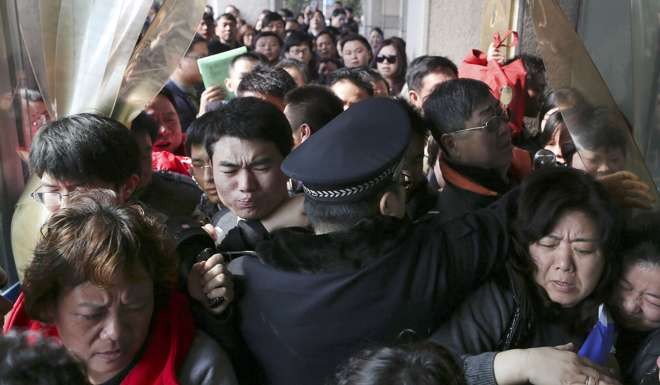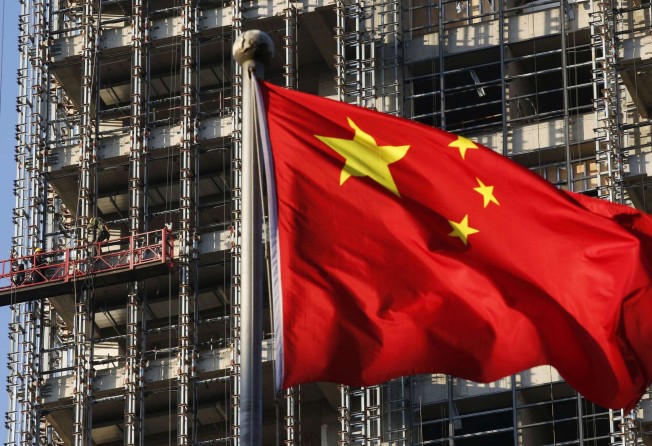
Wave of property curbing measures set to spark a nationwide flight to equities
In past fortnight, 20 cities have placed further limits on home purchases as local governments come under renewed pressure to rein in runaway prices

The recent nationwide clampdown on the Chinese property market has heightened expectations of a flight of funds from home purchases into shares buying, as sentiment among realty speculators weakens.
Retail investors now expect an influx in speculative capital to give the flagging stock market a shot in the arm, after a nine-day trading break for the National Day holiday, despite weak fundamentals remaining unchanged.
“It looks certain that market outlook, after the long trading break, will brighten,” said Zhou Ling, a hedge fund manager with Shanghai-based Shiva Investment.
“If the speculative mood turns out to be strong, there could be a really solid rally, lasting for a while.”
It’s not unusual for mainland investors, either habitual equity punters or those looking for a quick gain in the property market, to earmark larger portions of their assets in either direction.
But what appears like a sustained move by the authorities across the country to curb property purchases finally looks set to swing the pendulum , as they gauge the effects of the cooling measures.
In the past fortnight, around 20 cities, including Beijing and Nanjing, have announced further limits on home purchases as local governments come under renewed pressure, battered by fears of a serial bursting of property bubbles.
The latest round of property curbs, seen by many as the harshest yet by mainland authorities to cool the red-hot sector, have cemented the belief by speculators that the time’s now ripe to pile into equities, where they can take advantage of price swings to make profits.

Bob Gu, a Shanghai resident who used to speculate on local properties and by his own admission struck it rich, said he has already earmarked an initial 500,000 yuan to test the water.
“I sensed a shift in the trend — this is the right time to bet on stocks, now that properties are off-limits to many buyers like me.”
Market watchers say Shanghai, especially, is now poised to follow on the heels of other domestic counterparts and bring in curbs.
Gu had planned to buy more properties in neighbouring cities such as Ningbo, but said the recent slowdown measures nationally have acted as a wake up call that the authorities are trying to shut him, and speculators like him, out of the home-buying market.
If the speculative mood turns out to be strong, there could be a really solid rally, lasting for a while
“We’ve already made fortunes after borrowing to buy as many apartments as possible,” he said.
“I plan to take a more playful attitude towards stocks trading. A loss of several thousand yuan will be peanuts compared to the cash needed to be a serious property player.”
The benchmark Shanghai Composite Index shed 2.6 per cent last month, ending at 3,004.70 on September 30, some 42 per cent shy of the June 12 close of 5,166.35, when the current downward spiral began.
It is estimated by internet portal Sohu.com that at least half of all mainland investors have been sitting on the sidelines this year, worried about further slides.
“It’s a liquidity-driven market,” said Haitong Securities analyst Zhang Qi.
“A sudden inflow of capital could tempt more investors back into equities, sparking a rally without any significant improvement in fundamentals.”
Analysts expect profitable small-cap companies to be the prime target of speculators, since their prices can be easily driven up by an influx of funds.
Last week the Hang Seng Index advanced 2.4 per cent, as A-share traders enjoyed a week’s holiday on the mainland.
As trading resumes in Shanghai and Shenzhen, many commentators now expect property speculators to head in a different direction for profit.